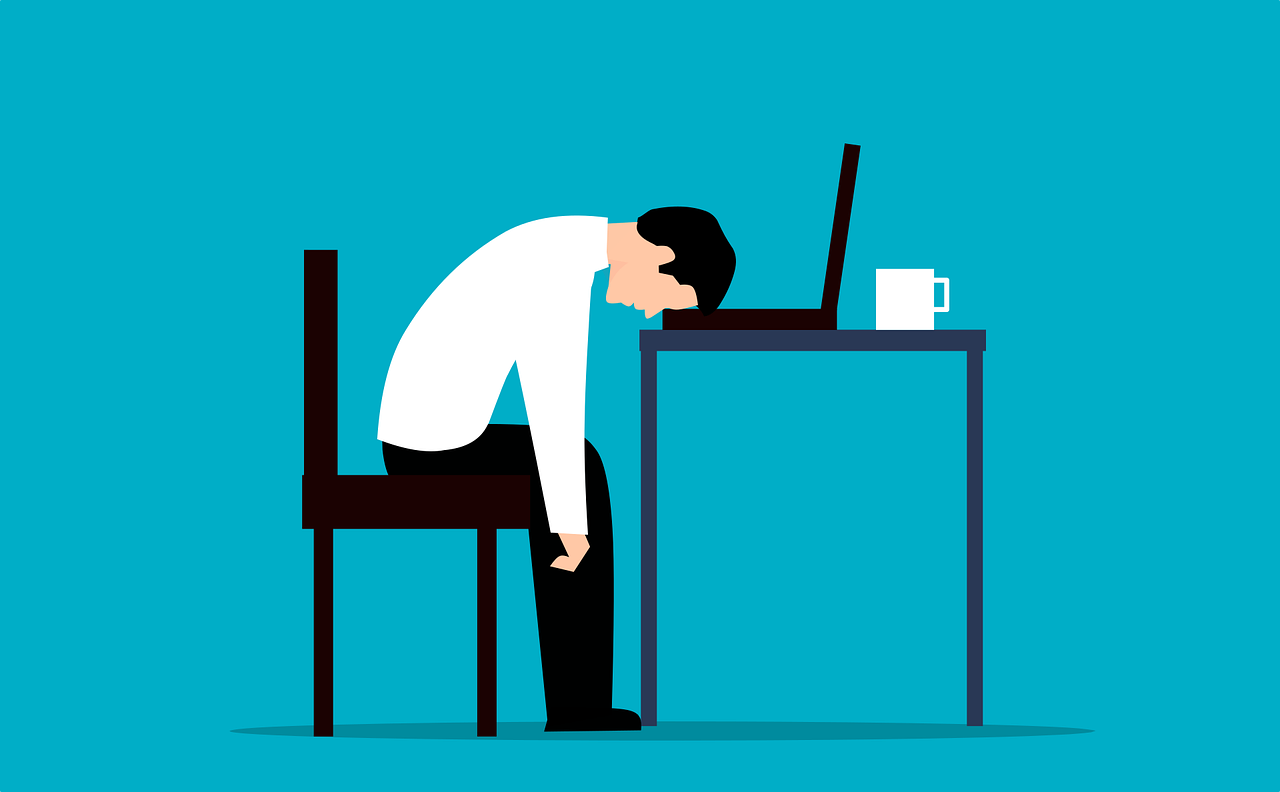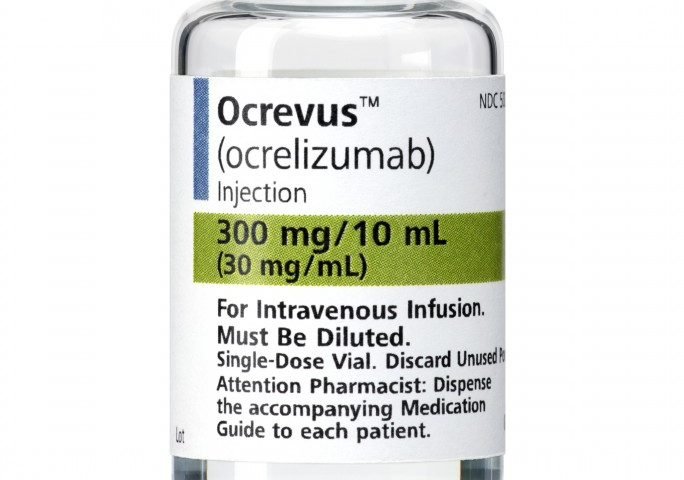I haven’t written much since mid-July. I’ve been extra tired.
The cognitive fog, fatigue, and the stress of my multiple sclerosis (MS) have been teaming up to make it a challenge to write sentences that flow and thoughts that are complete. I’ve been searching for words when all I really want to do is put my head on my keyboard and take a nap.
The past several weeks have been tough. My wife had some serious back surgery and, for a lot of the time since her discharge from the hospital, she’s been less mobile than me – a guy who gets around with the help of two canes and a scooter. It’s not a total caregiver/care-receiver reversal, but it’s been close. I’ve been doing “go-fer” chores for my wife plus the laundry, meal prep, caring for our dog and cat and keeping track of her medications. For about a month she’d been taking those meds every couple of hours, around the clock, so neither of us had much sleep.
A lot of people with MS (PwMS) are often too tired to do what we need to do in our day-to-day lives. The Multiple Sclerosis Trust has a page on its website that tries to help us find the right words to describe that level of extreme fatigue to others. Here’s an example:
“Fatigue feels like being weighed down, as if you are trying to walk up to your neck in a deep, muddy river in heavy, wet clothes carrying shopping bags full of rocks”
The National Multiple Sclerosis Society has an excellent overview of MS fatigue, along with treatments being researched and tips for dealing with it, on its website. One of those treatments is Provigil (modafinil).
Mixed reports
Provigil is a non-amphetamine central nervous system stimulant that’s often used, off-label, by PwMS. I’ve used its generic, modafinil, for many years to ease my fatigue, taking a small 100mg dose in the morning and, occasionally, another 100mg if I’m heading out to an evening event. I know that some other people with MS use higher doses and/or take multiple doses throughout the day. But how well does it really work?
A review published in the July 10, 2024 issue of Brain and Behavior reports that treatment with modafinil significantly reduced fatigue and improved the overall quality of life of people with MS. But its use can also result in an increase in adverse effects, such as insomnia and gastrointestinal problems.
A study published in the January, 2021 issue of Lancet Neurology was less certain about the benefits of modafinil, as well as two other medications commonly prescribed for MS fatigue: methylphenidate, and amantadine. (In the U.S., methylphenidate is marketed as Ritalin.) In the study, 136 MS patients were rotated through that trio of fatigue medications plus a placebo, spending six weeks on each. Their fatigue levels following each medication were using the Modified Fatigue Impact Scale (MFIS) after each medication. And those medications appear to have done little or no better than a placebo at controlling fatigue.
Score at baseline: 51.3
Score after placebo: 40.6
Score after amantadine: 41.3
Score after modafinil: 39.0
Score after methylphenidate: 38.6
Because their poor showing versus the placebo, but they risked adverse events, the researchers concluded that “the results of this study do not support an indiscriminate use of amantadine, modafinil, or methylphenidate for the treatment of fatigue in multiple sclerosis.”
Does modafinil help when I’m tired?
I’ve had mixed results with . About the time the Lancet Neurology article was published I began to doubt how much help the medication provided. So I stopped using it, and guess what? I didn’t notice any increase in my fatigue level…for a while.
After about a year I noticed my MS-level fatigue was back. (It had probably returned a lot earlier, but I’d ignored it.) I tried modafinil again and it helped. Had I’d built up a resistance to the medication over many years needed to take a break? Could the quality of the generic medication have changed because of a change in manufacturers? Was I just benefiting from a placebo effect all along?
Shortly after my wife’s surgery, I accidentally skipped a dose. When I resumed the medication, the next day, I felt peppier. So, maybe modafinil does significantly reduce MS fatigue and improve quality of life, at least for me. I’m still really beat by the time my head hits the pillow each night, but I think the modafinil helps to keep my head from hitting the keyboard during the day.
(This post first appeared as my column on the Rare Disease Advisor website.)
(Image by Mohamed Hassan from Pixabay.)



